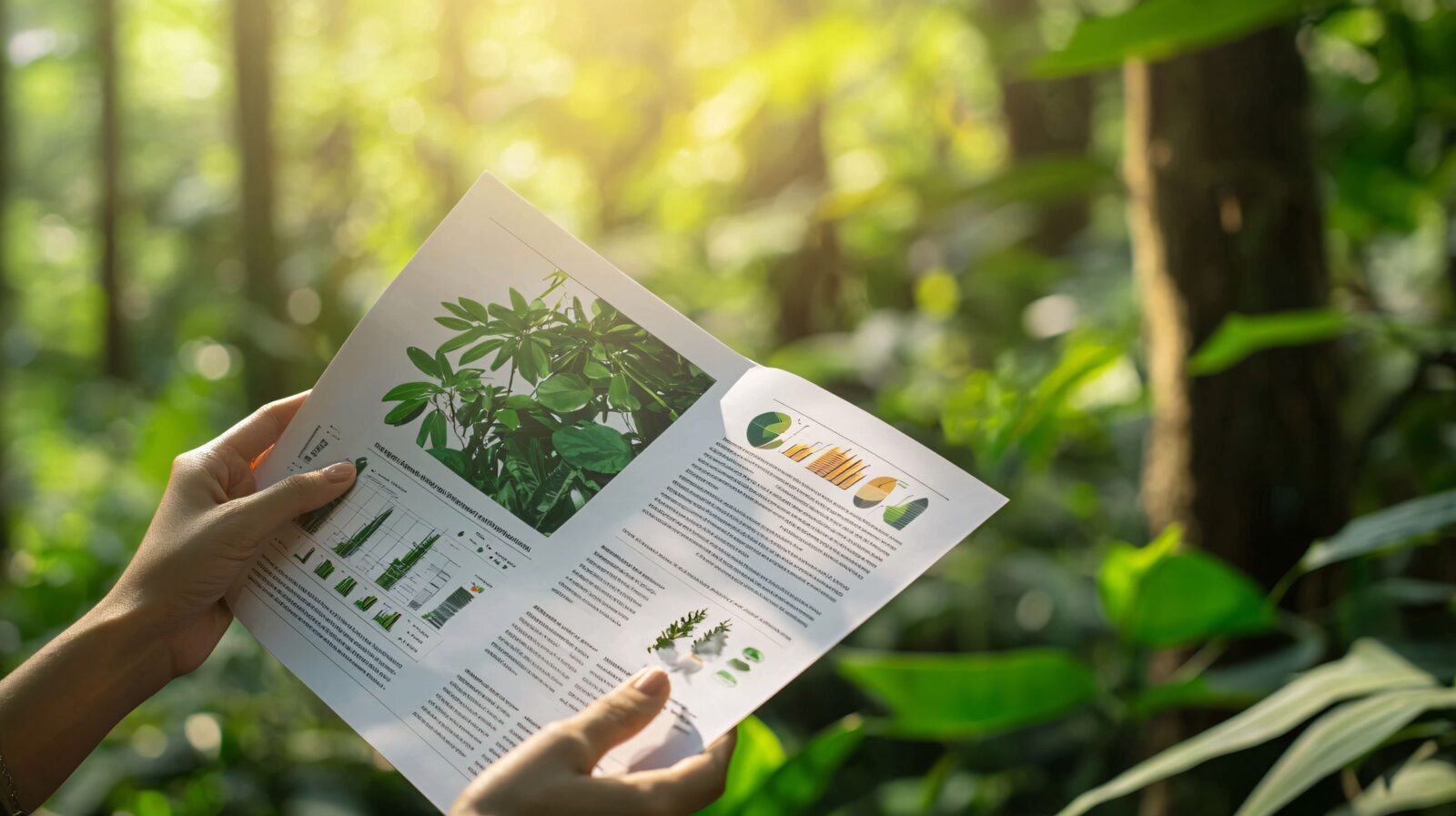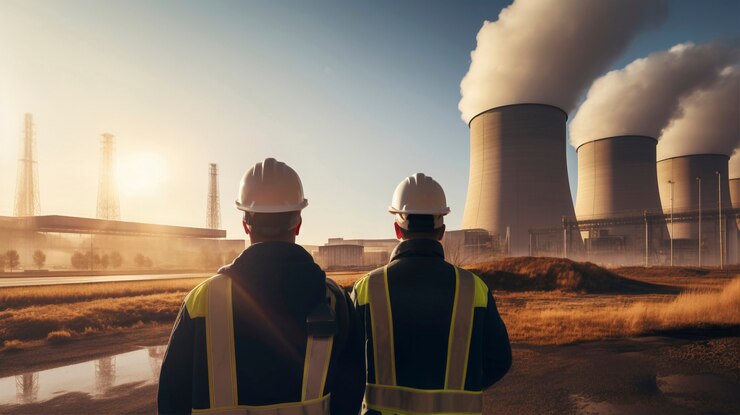Is Your Supply Chain Sustainable?
Sustainable Logistics Trends to Lookout for in 2024
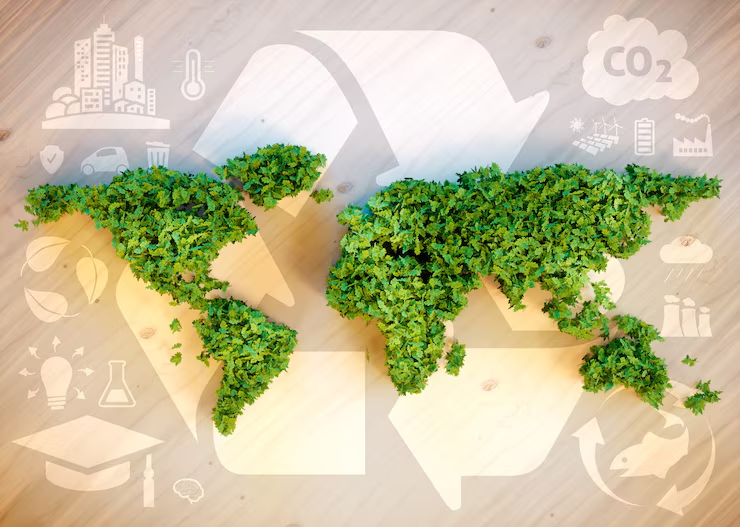
In today's environmentally conscious world, consumers are increasingly demanding transparency and sustainability throughout the product lifecycle. This extends far beyond the manufacturing process, placing a spotlight on the often-overlooked realm of logistics.
The traditional logistics model, focused solely on speed and efficiency, often comes at a significant environmental cost. The sector is a major contributor to global CO2 emissions, with statistics painting a concerning picture:
Over a third of global CO2 emissions originate from the logistics sector. That's more than the emissions of many countries combined!
Emissions keep rising: In 2021 alone, the transport sector emitted a staggering 7.7 gigatonnes of CO2, highlighting the urgent need for change.
Traditional practices contribute heavily to pollution and waste generation, jeopardizing our environment and long-term sustainability.
However, there's a growing movement towards a greener future. Sustainable logistics prioritizes environmental responsibility alongside efficiency.
Here are some key trends and innovations that are transforming the logistics landscape in 2024:
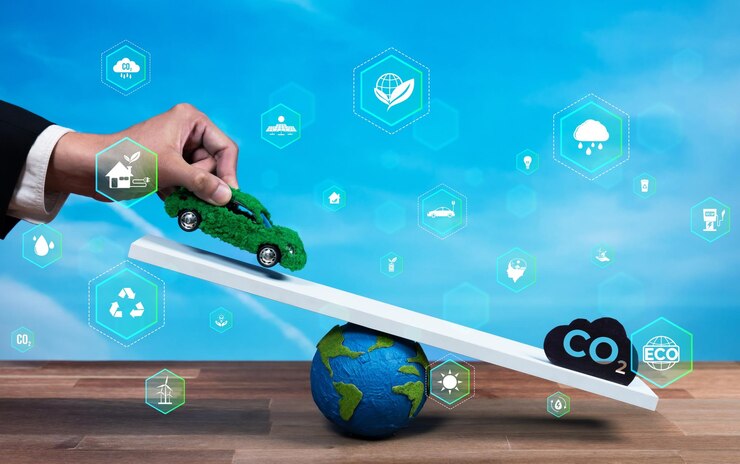
1. The Decarbonization Drive:
A major focus is on reducing carbon emissions across the supply chain. This is achieved through:
a) Electric Vehicles (EVs): The rise of electric trucks and vans is disrupting the industry, offering cleaner transportation alternatives.
b) Renewable Energy Integration: Warehouses and distribution centers are increasingly powered by renewable sources like solar and wind energy.
c) Sustainable Fuels: Biofuels and other cleaner fuel options are being explored to reduce reliance on fossil fuels.
2. Data-Driven Efficiency:
Technology is playing a crucial role in optimizing logistics processes and minimizing waste. Here's how:
a) AI and Machine Learning: Optimizing routes, identifying inefficiencies, and predicting demand fluctuations through data analysis leads to smarter and greener operations.
b) IoT (Internet of Things): Real-time tracking of vehicles and goods allows for efficient resource allocation and reduced waste. Businesses can also monitor environmental conditions like temperature and humidity for sensitive cargo, minimizing spoilage and waste.
3. The Circular Economy Takes Center Stage:
The focus is shifting towards a closed-loop system where products and materials are reused and recycled:
a) Reverse Logistics: Efficient return and reuse practices for products extend their lifecycles and minimize waste generation.
b) Sustainable Packaging: Biodegradable and reusable packaging materials are replacing traditional options, reducing environmental impact.
4. Embracing Climate Positivity:
Going beyond carbon neutrality, some companies are striving for climate positivity by actively removing carbon dioxide from the atmosphere. This can be achieved through:
a) Carbon Capture and Storage (CCS): Capturing emissions from operations and storing them safely underground.
b) Investing in Ecosystem Restoration: Supporting projects like reforestation or kelp farming, which naturally capture carbon dioxide from the atmosphere.
How WOCE Can Help You Navigate the Sustainable Logistics Journey:
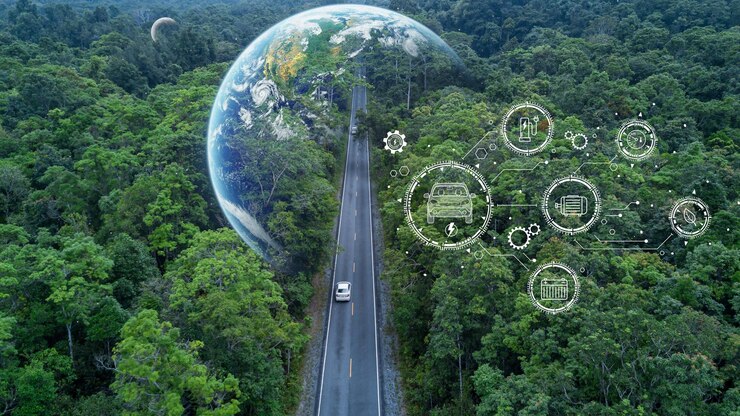
WOCE is a leading provider of solutions that empower businesses to embrace sustainable logistics practices. Our suite of tools and services includes:
a) Carbon Ledger: Tracks and measures carbon emissions across your supply chain, providing valuable insights for reduction strategies.
b) Green APIs: Integrate sustainability data into your existing systems for seamless tracking and reporting.
c) By leveraging WOCE's expertise and technology, you can gain a clear picture of your environmental impact, identify areas for improvement, and implement sustainable solutions that benefit your business and the planet.
The Future of Logistics is Green:
Consumers are demanding sustainable practices, and regulations are becoming stricter. By embracing these trends and innovations, businesses can not only reduce their environmental impact but also gain a competitive edge in the evolving marketplace. As we move towards a more sustainable future, the question isn't "Is your supply chain sustainable?" but rather "How sustainable is your supply chain?"
